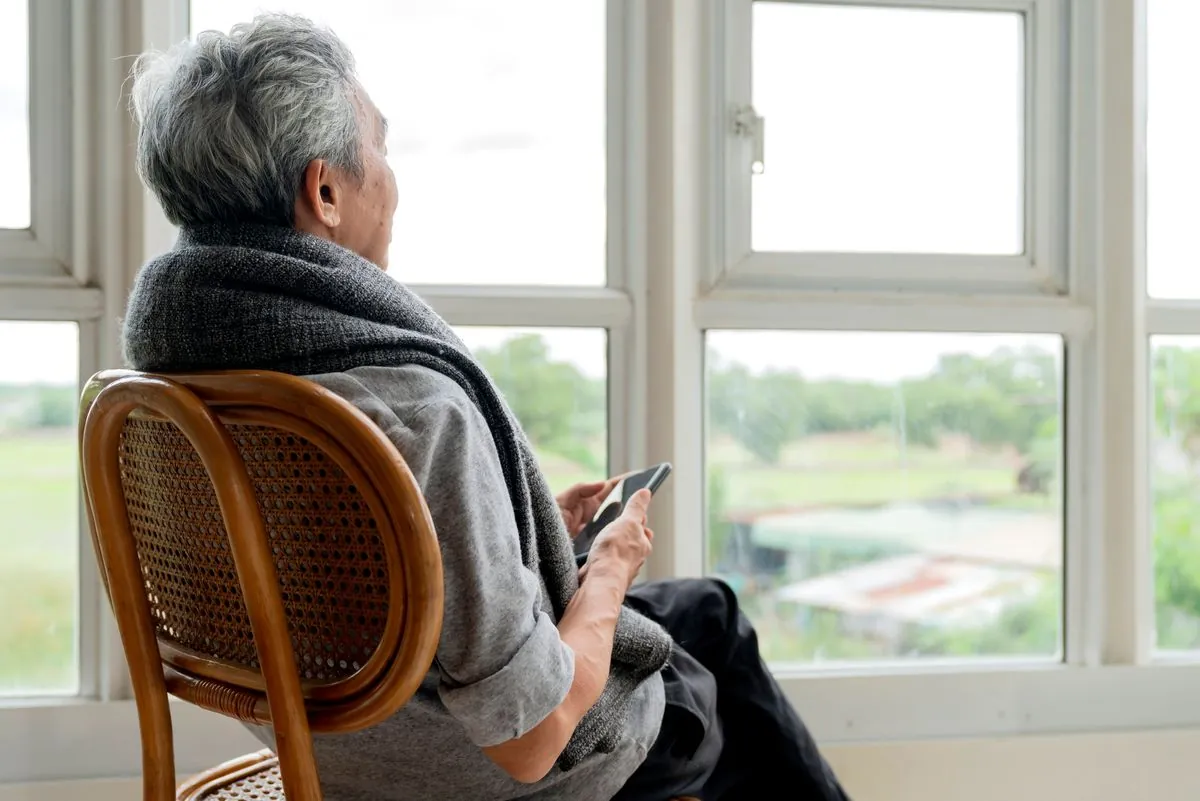The recent tragic case of Paul Batchelor in a care home serves as a stark reminder of the challenges facing elderly care. Batchelor's unanswered cries for help, lasting an hour before his death, exemplify a broader issue of neglect in care facilities. This incident raises concerns about the quality of care provided to older adults and the potential consequences of inadequate attention.
Neglect of the elderly manifests in various forms, extending beyond care homes. Social isolation is a significant problem, with many older individuals feeling forgotten by their communities and even families. The impact of loneliness on health is substantial, with research indicating that it can be as harmful as smoking 15 cigarettes daily.
The COVID-19 pandemic exacerbated these issues, particularly during lockdowns when families were prohibited from visiting care homes. This period highlighted the crucial role of personal contact in maintaining the well-being of older adults. Studies have shown that older individuals who maintain strong social connections exhibit better cognitive function and lower rates of depression.
Healthcare challenges for the elderly extend to those living independently. Many struggle with chronic conditions while enduring long waiting lists for necessary operations. This situation is compounded by changes to winter fuel payments, which are expected to affect millions of pensioners. The new means-tested system will likely reduce the number of recipients from 11.5 million to approximately 1.5 million, potentially leaving many vulnerable to fuel poverty.
"Others will be eligible for extra help through pension credits."
However, many older adults are reluctant to claim benefits due to shame, bureaucratic complexities, or fear of burdening the state. This reluctance can lead to financial insecurity and reduced quality of life.
The fear of being a burden is prevalent among older individuals, both to their families and society. Unfortunately, this fear is often reinforced by treatment that diminishes their dignity. From inflexible care schedules to dismissive attitudes, many older adults feel they are viewed as nuisances rather than individuals deserving respect.
The loss of dignity in elderly care is a critical issue. The World Health Organization estimates that one in six older people experiences some form of abuse in community settings. This statistic underscores the need for a fundamental shift in how society values and cares for its older members.
Concerns about assisted dying legislation add another layer of complexity to the challenges facing older adults. With indications that the government may not obstruct a private member's bill on the issue, there are fears about potential misuse and the impact on vulnerable individuals.
As we navigate these challenges, it's crucial to remember the concept of "successful aging," which encompasses maintaining physical and cognitive function, avoiding disease, and staying engaged in life. Initiatives such as intergenerational programs and efforts to bridge the digital divide can play a vital role in improving the quality of life for older adults.
In the spirit of Neil Kinnock's 1983 "I warn you" speech, it's imperative to recognize and address the multifaceted challenges of aging in our current social and political climate. The dignity and well-being of older adults must be prioritized to ensure a society that values all its members, regardless of age.
